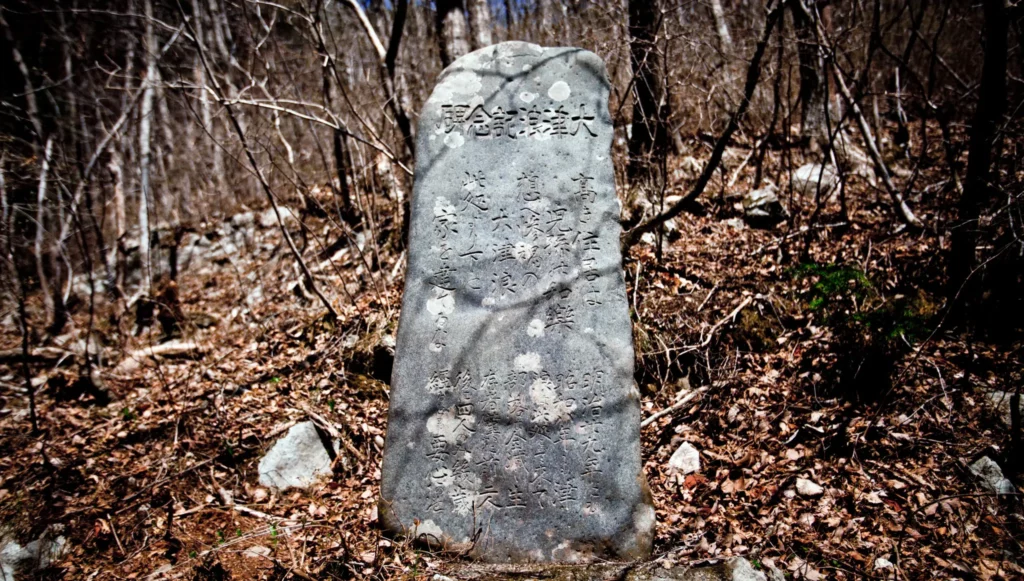The Holy Bible is mostly droll, full of lengthy genealogies, and was originally written poetically in a couple of dead languages that don’t really translate all too well. If you’re Christian, like me, I’m sure (I hope) I don’t have to explain to you why you ought to read the thing. But if you’re not, I’m still going to go ahead and ask you to read it! The first time I read the Bible, I was an edgy teenage atheist. I’m not going to sit here and tell you it converted me, because it didn’t. If anything, it made me more militant in my atheism! A little bit of knowledge, as they say, is a dangerous thing. You might have the same reaction. I’m still going to ask you to read it. It’s worth your while for so many reasons, but I’m only going to bring up a few.
Knowledge of the Holy Bible is Absolutely Critical to Understand the Canon of Western Literature
This is probably the most overused, most annoying argument people use to get people reading, but it endures because it’s true. Coming from an annoying E-Christian like myself I’m sure this is unconvincing, so don’t take it from me. Take it from known annoying E-and-Print-Atheist, Richard Dawkins:
You really are missing out on so much meaning from your favorite authors if you haven’t read the Bible. Particularly, the older the work, the more critical it is to have a good understanding of the characters and stories of the Holy Bible. Pretty much any author pre-1950 expected their readers to have pretty good command over scripture and wrote accordingly. Even today, authors who themselves have not read a word of scripture wind up referencing it, simply by referencing older literary works that came before! At least know the basics: the story of creation, the general narrative of Jesus and his life, and learn a bit about King David, Babylon, Judea, and some of their other neighbors from the region. You’d be surprised how often these things come up in literature. In fantasy, you might not be so surprised, but what about sci-fi? It’s wayyy more common than you think.
It is a Collection of Teachings from the Bronze Age
This is often touted as a reason why it should be ignored, but, on the contrary, it is the best reason to pay attention. Allow me a short digression, and to tell you a story about the Fukushima Daiichi disaster. As you may know, the power plant was built in a tsunami prone area, but it was also built with very high, very strong walls capable of protecting it from most tsunamis. But the 2011 tsunami was no ordinary tsunami; it was caused by the most powerful earthquake ever recorded in Japan and the fourth strongest earthquake ever recorded in the entire history of seismography. It would be tempting, then, to absolve the builders of responsibility for the weakness of the walls. After all, the powerplant could have survived any earthquake or tsunami that had ever come before, and it was only this freak, unprecedented event that brought it down after more than 30 years of service.
But the event was less unprecedented than it seemed. I was a bit tricky with my wording in the previous paragraph. Seismography is the traditionally accepted way to record earthquakes, and it’s certainly the most scientific. But people have been living in Japan for thousands of years before the modern seismograph was even a glimmer in the eye of its inventor. They did, in fact, record earthquakes and tsunamis, along with their intensities, before then.

This is a tsunami stone. As it turns out, they pepper the forests and hills of Japan all over. They contain an admonishment not to build below their locations. Some of them explicitly call out the dangers of tsunamis, and others are more cryptic, but the warning remains the same: if you value your property, don’t build it below this line. The stones range in age from a couple hundreds of years to some as old as a thousand years. They were ignored for a long time, or seen as superstitious, because, as we have seen, the modern era had never seen waves strong enough to reach them. Until 2011, that is.
Why am I bringing this up? I bring it up because it would be preposterous for a nuclear reliability engineer to factor in 500-year old stone tablets into his safety calculations. And yet! If they had, perhaps the whole disaster could have been averted. Etching and hauling stone tablets is a tremendous amount of work and no easy feat without modern industry. Yet these people hundreds of years ago did just that. The charitable (and correct) assumption is that they were driven by an immense weight of responsibility. The uncharitable (and incorrect) assumption is that they were driven by baseless superstition.
To keep a story like the Bible recorded and in living memory required great effort and sacrifices to ensure its preservation. The earliest story in the Bible, Genesis, was written in the 5th or 6th century BC. It contains elements from other “myths” like the Epic of Gilgamesh, which were recorded thousands of years before that. A key element of that story, by the way, is mankind developing industrial cities which are eventually wiped away by a global flood, not unlike the modern eschatology of climate scientists and activists. Every generation from the time it was written until today thought it was important and took steps to preserve it.
People dedicated their lives to copy it by hand, ensuring the meaning was never lost or transformed. When a Torah is written, even today, every character is counted. If the count doesn’t match the source count, the document is destroyed and you start over. This is an ancient practice, and part of why we can be so confident that the documents today largely match the ancient (long gone) source materials. People risked their lives smuggling these books away from tyrants who wanted them destroyed, and they ultimately survived.
They survived for you to read them. Don’t ignore the stone warnings because their old. Heed them because they are old, and the people before us saw fit to preserve them.
Knowledge of Scripture Grants You Immediate Authority
This is probably the worst reason to read the Bible, but it’s true and valid so I will present it. It’s also non-unique to the Bible. You get the same deference (depending on who you talk to) from reading the Bhagavad Gita or Quran. Read them, and you will start to notice this. The Bible is a big book with a lot of different stories and characters. As I mentioned before, these are relevant to the entire corpus of western literature that was built upon this canon. As life so often imitates art, you will find that there is a quotation from scripture relevant to any situation.
In a stakeholder meeting and the requirements are unclear? Try saying, “guys if we don’t get these requirements down it’ll blow out the budget down the line.” You’d be right, of course, but what a yawn. No one will listen or care. Just say “I am afraid we might be as the foolish man building our house on a foundation sand.” Boom! Instant respect. It sounds crazy but it works. Criticizing a parent for not disciplining their child having a meltdown in public? So broke. Sagaciously say “spare the rod and spoil the child” and refuse to elaborate? That gets ’em thinking. I don’t know what it is about it exactly. I think there is a mystical component here but I won’t get into that, mostly because I don’t have to. Try dropping a relevant scripture quote in your next friendly argument and see how people respond. People of all origins and creeds are suddenly curious about what you have to say.
I promise, it works. Go read the Bible!
